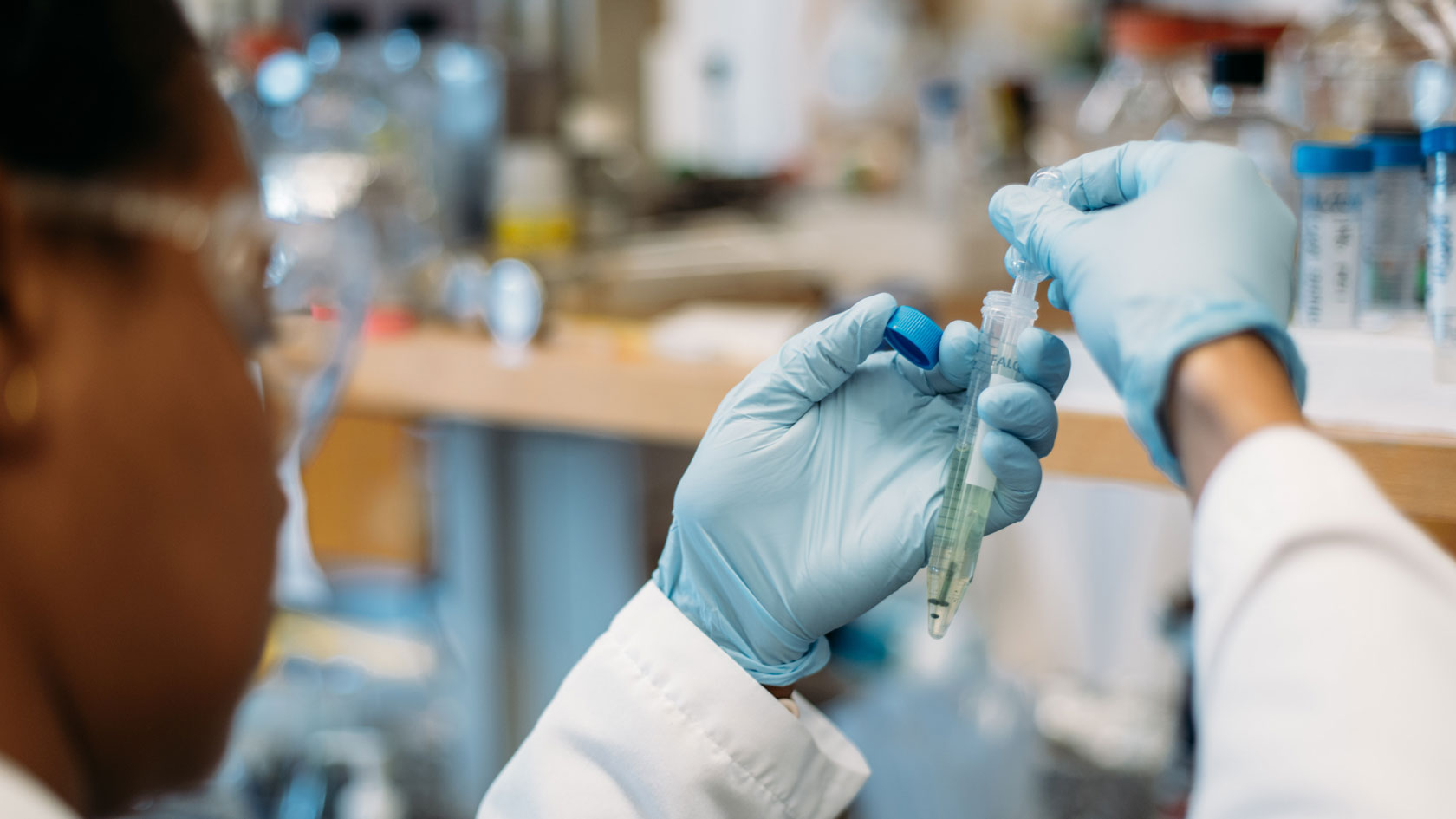Current Faculty Investigators
Timothy Buchman, PhD, MD
Dr. Buchman has four decades of experience caring for septic patients. He founded the Emory Critical Care Center in 2009 and the Emory Electronic ICU in 2014. His research interests span the molecular mechanisms underlying multiple organ dysfunction syndrome, end-of-life care, the genetics of sepsis, and the use of artificial intelligence to predict which patients in the intensive care unit will become septic. He has received funding from the DoD, NIH, CMS, and numerous other agencies and entities.
Craig Coopersmith, MD
Dr. Coopersmith serves as vice chair of research for the Department of Surgery and director of the Emory Critical Care Center. He is one of the top investigators of sepsis and shock in the country, and was a member of an international task force that redefined the terms "sepsis" and "septic shock" in 2016. He has multiple NIH grants, including collaborative studies with Emory transplant immunologist Dr. Mandy Ford investigating aspects of the immunological host response in sepsis.
S. Scott Davis, MD
Dr. Davis engages in clinical research and quality outcomes-based investigations that focus on minimally invasive, endoscopic, and endoluminal techniques and device development. Principle areas include foregut surgery, bariatric surgery, minimally invasive surgery, hernia surgery, and gastrointestinal surgery. He has also been involved in evaluating the use of a long-term, bio-absorbable mesh in technically challenging laparoscopic ventral or incisional hernia repair.
Elizabeth Hechenbleikner, MD
Dr. Hechenbleikner's research focuses on patient outcomes including enhanced recovery after surgery, reduction of surgical site infections and 30-day readmissions, and safety and quality improvement initiatives in laparoscopic gastrointestinal, foregut, and bariatric surgery. Leading her team at Emory University Hospital Midtown, she has successfully implemented a postoperative bariatric surgery phone call intervention to reduce emergency department visits, and increased perioperative administration of medications to prevent venous thromboembolism events in bariatric surgery patients.
Edward Lin, DO, MBA
Dr. Lin, chief of the Division of General and GI Surgery, has clinical research interests in innovating techniques for endoscopic therapy and interventions of the GI tract. He has been involved in collaborations that laid the groundwork for laparoscopic colectomies, appendectomies, cholecystectomies, and weight-loss surgeries that rely on very few incisions. His basic science research concentrates on the mechanism of diabetes resolution following bariatric surgery.
Felipe Maegawa, MD, MS
Dr. Maegawa's research examines surgical outcomes involving oncology and general surgery, particularly in VA healthcare, and cost-effectiveness applied to surgical practice and surgical decision making. In 2022 he was first author of a study of patient frailty's impact on post-hepatectomy outcomes that was the first investigation of its kind. His research team found that incorporating frailty into the established predictive models could improve surgical outcomes.
Juan Sarmiento, MD
Dr. Sarmiento is known for developing unique techniques for laparoscopic-assisted formal liver resections, including the performance of laparoscopic hepatectomy through incisions that are much smaller than those of a standard open procedure. His current research includes studies of endocrine changes after pancreatic resection; evaluating the feasibility, costs, and outcomes of major laparoscopic liver resection; examining the impact of chemotherapy on biliary stents; streamlining bile duct repairs after iatrogenic injuries; and lowering readmission and ER visits after hepato-pancreato-biliary surgery.
Joe Sharma, MD
Among his various positions, Dr. Sharma serves as vice chair of quality, patient safety and care innovation for the Department of Surgery. His quality efforts are concentrated on lowering readmissions, reducing surgical site infections, and lessening overall mortality through sustained internal auditing and localized-to-systemic renovation of clinical/surgical service components. He is also investigating outcomes in parathyroid surgery, evaluating the biologic function of the folate receptor on parathyroid tumors, and working to better understand the role and influence of parathyroidectomy in the management of cardiovascular disease.
John Sweeney, MD
Dr. Sweeney is the chair of the Emory Department of Surgery. He has a strong interest in health services research, particularly in designing systems and processes that can improve hospital length of stay and increase physicians' effectiveness in identifying when to discharge a patient. He is also involved in examining the clinical outcomes of minimally invasive surgical procedures and the role of medical student and resident education in these areas.


